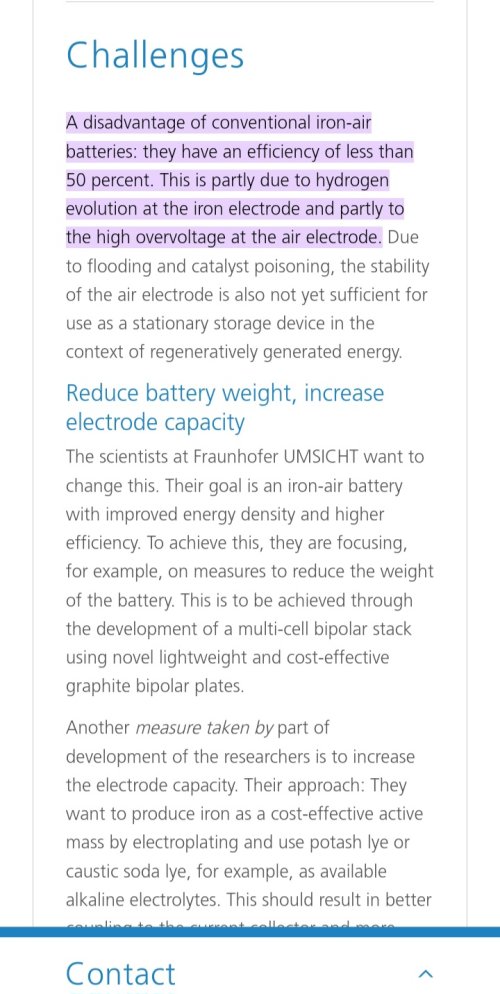Bonasababy
Well-known member
- Joined
- May 16, 2024
- Messages
- 926
My solar designer friend said that panels produced here are getting longer life estimate and have fewer problems. But at least as recently as a few months back supplies were a problem. He's been waiting months for the panels he prefers to come in.Forbes, or the manufacturers?
Most are rated for 80% output+ after 25 years.
edit: Since you dont trust things not made in america - look at mission solar modules. 84.8% generation at 25 years and made in san antonio texas

Datasheets & Warranty - Mission Solar
Download Mission Solar Energy's technical data sheets and product specifications. Find information about our high-performance solar modules.www.missionsolar.com










